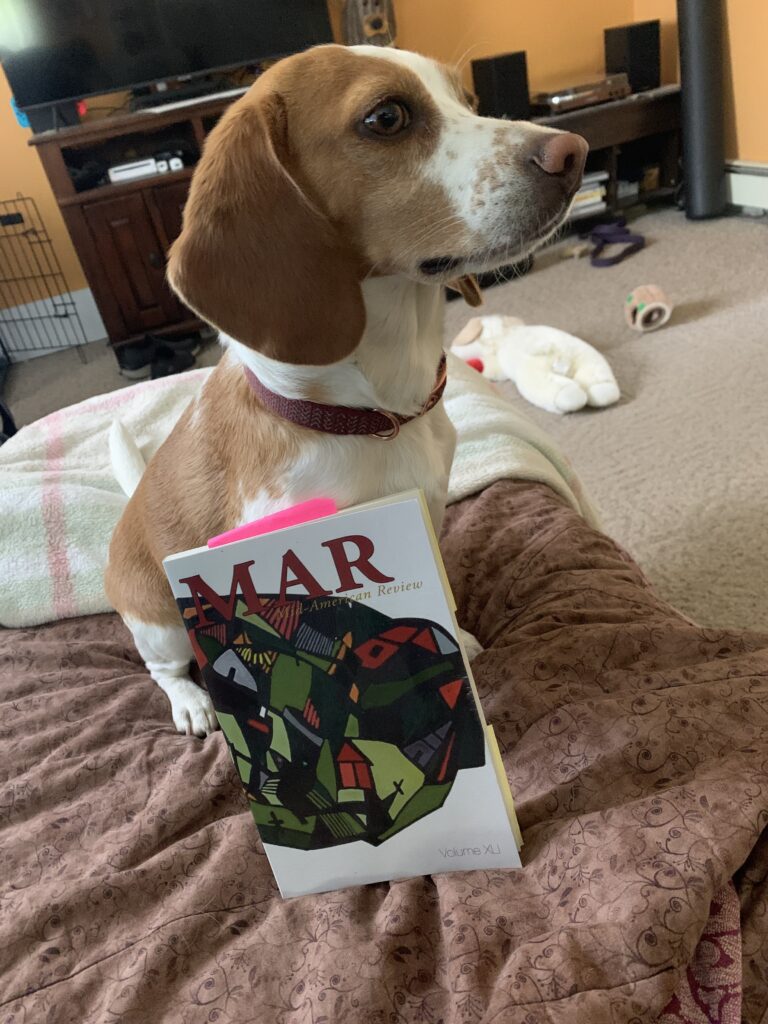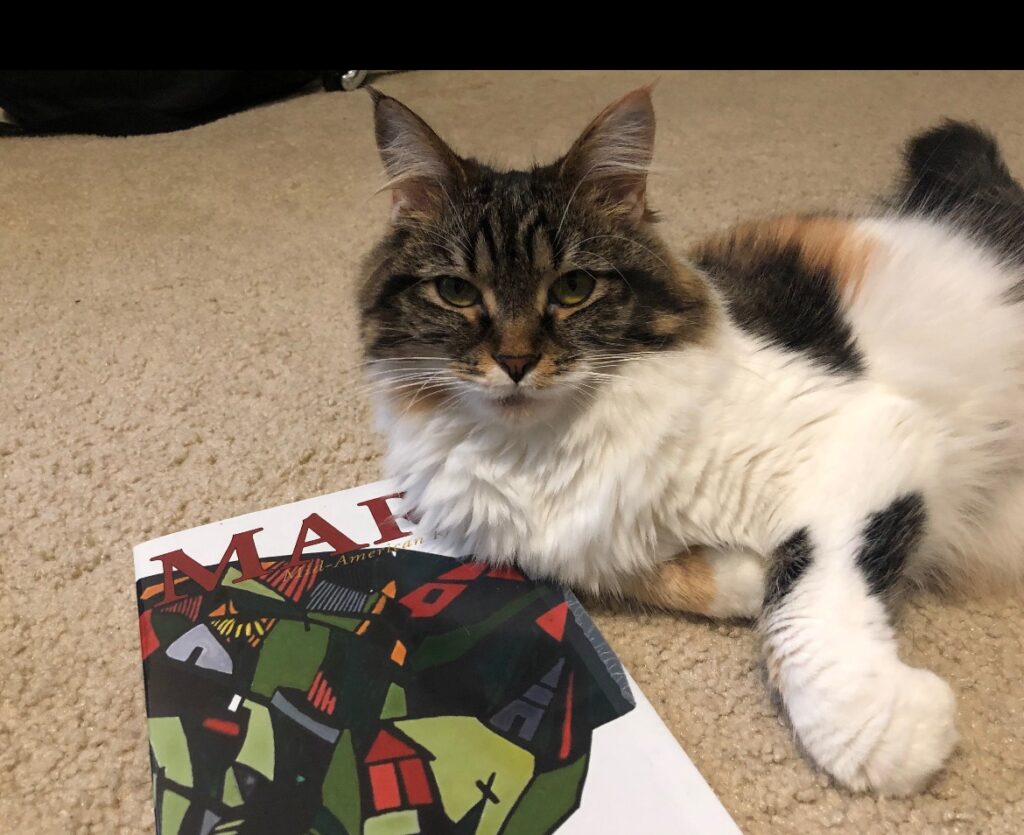High-Risk Homosexual by Edgar Gomez. Penguin Random House, 2022. 304 pages. 17.95, paperback.
Earlier this month I decided to revisit Edgar Gomez’s memoir High-Risk Homosexual (2022). This was partly in honor of the book’s recent Lambda win in the category of Gay Memoir / Biography and partly because I’m obsessed with chaotic queer books. Gomez’s debut memoir tells his story of navigating life as a gay Latinx man from his Florida childhood, going to uncle’s cockfighting ring in Nicaragua, dancing in the Pulse Nightclub in Orlando, and his move to California to pursue writing. One of the many things I admire about this book is the ways in which Gomez is able to capture both the agonies and ecstasies of queerness. Gomez’s narrative doesn’t avoid things just because they’re messy or painful. We follow them through nights obsessing over Jennifer Lopez rom-coms, his investigation of language and cultural identity, and the discovery of their community. They also take us through the struggles of surviving homophobic family members while still loving them, their fear of HIV & diagnosis of “high-risk homosexual,” and living with the echos of violence from the Pulse Nightclub shooting. If you’re looking for a brilliant queer memoir (you should be) that makes you want to laugh, cry, and possibly put on some coffee for a movie marathon this is the one for you.
––Gen Greer, Mid-American Review



